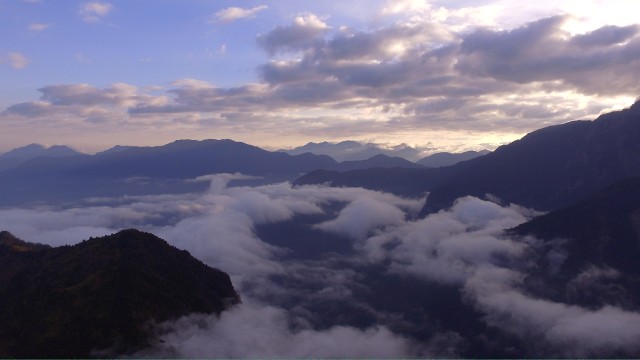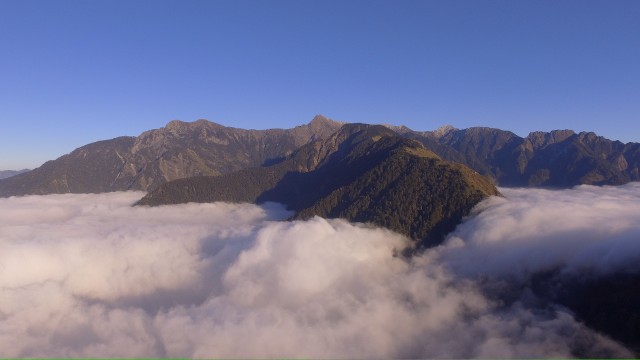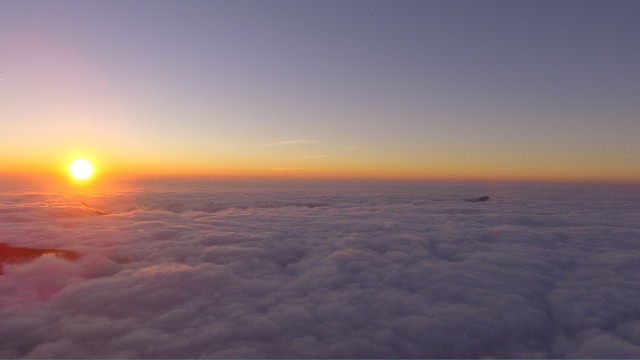This discussion has gone on for a long time. Is it the camera or the photographer who creates the high value associated with an image? Who is the buyer and can he/she differentiate between a snap shot and a piece of art that was captured and post processed professionally. For sure, the lowered cost of capture from a drone vs. a helicopter will reduce the cost to capture, but the buyer is paying for the result not the process.
Pricing is also a direct function of the market you submit your work to. The image below would warrant a very high price if it were a custom shot for someone living in a large home in the local geography. It would earn much less, but with many more sales, if it were to become a puzzle or post card. In either of these cases, the camera or the camera platform (plane, helicopter, or drone) will not even be a consideration in the market price.
View attachment 79582
One thing to keep in mind when asking this age old question is...
People will pay for what sets them apart. Look at the photography and graphic design in ads produced in the 1940's and 1950's. The 'quality' is laughable by today's standards. It's not just style. It is capability.
Shifts in technology have led to an increase in the technical quality of imaging, but I would be willing to bet that the old 80/20 rule still applies. 80% of professional photographers are making 20% of the income and the other 20% are making 80%. That ratio seems to be prevalent in so many things.
And, look to sports for an analogy. Excellence always comes from achieving something that is BETTER than average. The average today is much higher than it was 20 years ago - and the average 20 years ago was much better than it was 40 years ago. The moral of the story is still the same. Learn what your skills are worth (by no means take a BUYER'S word for ANYTHING, and that includes these outfits that will give you 19 bucks to shoot aerial views of a house. You KNOW they are marking that up and maybe marking it WAY up.). And keep striving to set yourself apart in creativity, quality and service.
Hobbyists don't need to be anything other than hobbyists, but I think there is no harm in informing people that there is perhaps more value to their hobby than they might be aware of. This is even true of professionals. I knew a photographer who had some interior shots of a building and he told me he was going to ask 150.00 per image to license them to a building materials manufacturer. It just so happened that I knew the potential buyer - and I knew that he was about 600.00 off. I told him he should ask for 750.00. He sort of chickened out, but did get 600.00 per image.
I am not trying to be snobby. I am trying to interject some new information into the equation.










